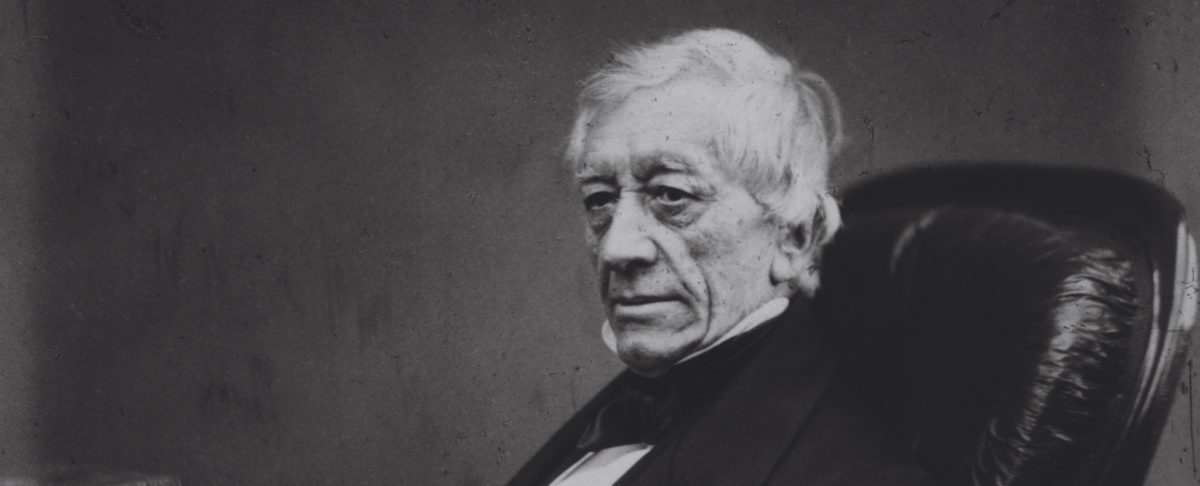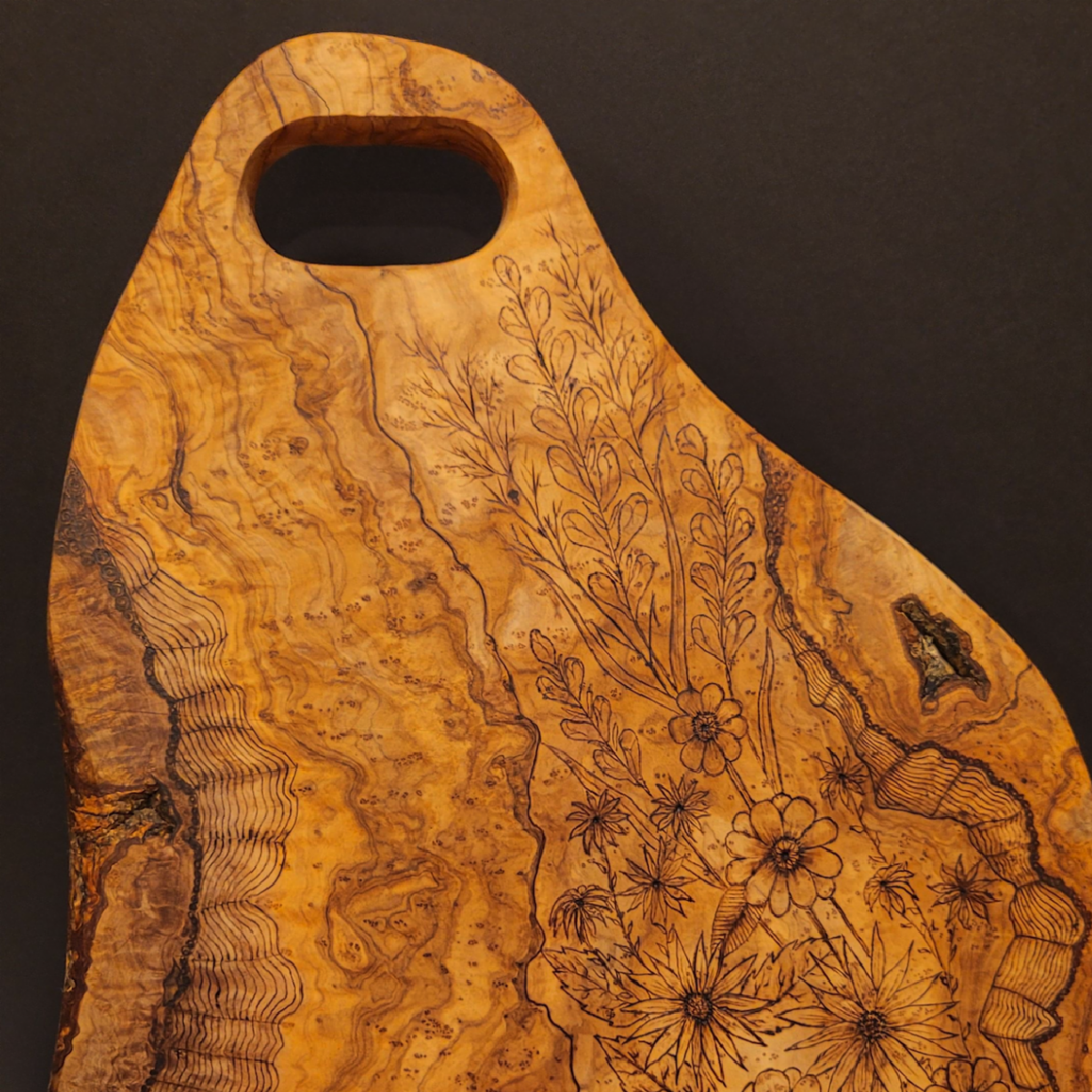THIS WEEK’S MUSE
PETER MARK ROGET

“I know nothing in the world that has as much power as a word. Sometimes I write one, and I look at it, until it begins to shine.” [Emily Dickinson]
Peter Mark Roget was an English physician working in medical research across the first half of the 18th century. He enjoyed a prestigious career, but it’s for the work he did after retiring that he is best known; that of lexicographer—a compiler, writer, and editor of dictionaries—and creating the thesaurus that bears his name.
Roget was born in London in 1779, studied medicine in Edinburgh, and as a physician worked as a tutor, private doctor, lecturer, and professor. As a leader in modern medicine, he was consulted on problems of the day and in 1837 was a consultant in the founding of the University of London. He retired from professional life in 1848.
“To me, the greatest pleasure of writing is not what it’s about, but the music the words make.” [Truman Capote]
He had been privately fascinated with creating his thesaurus—the Latin word for ‘treasure’ or ‘treasury’—and had been developing it for most of his adult life. He had completed the first draft in 1805, aged 26, but now retired, could focus on completing the work. It was finally printed in 1852 under the grand title Thesaurus of English Words and Phrases Classified and Arranged so as to Facilitate the Expression of Ideas and Assist in Literary Composition.
“A poet is, before anything else, a person who is passionately in love with language.” [W.H. Auden]
Roget had set up the book like a branching tree, its main roots making up six primary classes—Abstract Relations, Space, Matter, Intellect, Volition, and Affections—each containing further branches and sections.
“When I cannot see words curling like rings of smoke round me I am in darkness—I am nothing.” [Virginia Woolf]
The notion of a thesaurus has become a simple tool for finding words of similar meaning. Roget’s system of classification—with more in common with classic animal classification than a conventional dictionary—was not arranged alphabetically but according to where a given idea fitted into his six classes and subsequent branches.
“Words are the clothes thoughts wear.” [Samuel Beckett]
Aware that the book needed to be easy to use if it was to sell, he added an alphabetical index just prior to publication. The original edition had 15,000 words. Today it contains over 443,000 words and has sold more than 40 million copies.
“My task, which I am trying to achieve is, by the power of the written word, to make you hear, to make you feel–it is, before all, to make you see.” [Joseph Conrad]
The book is regularly updated to reflect new words, terms, and ideas but stays true to the original classification system established by Roget. Inevitably, the thesaurus is a tool ideally suited to the digital age and used extensively online. But for many writers, a printed copy is never far from their desk.
HAPPENING
Four Fridays beginning September 23, until October 14, from 1–2pm

BASIC FREEHAND WOOD-BURNING
With Ellen Adamson
Discover the history, tools, techniques, and new skills!
$96 – Member, $104 – Non-Member
DETAILS & TICKETS
